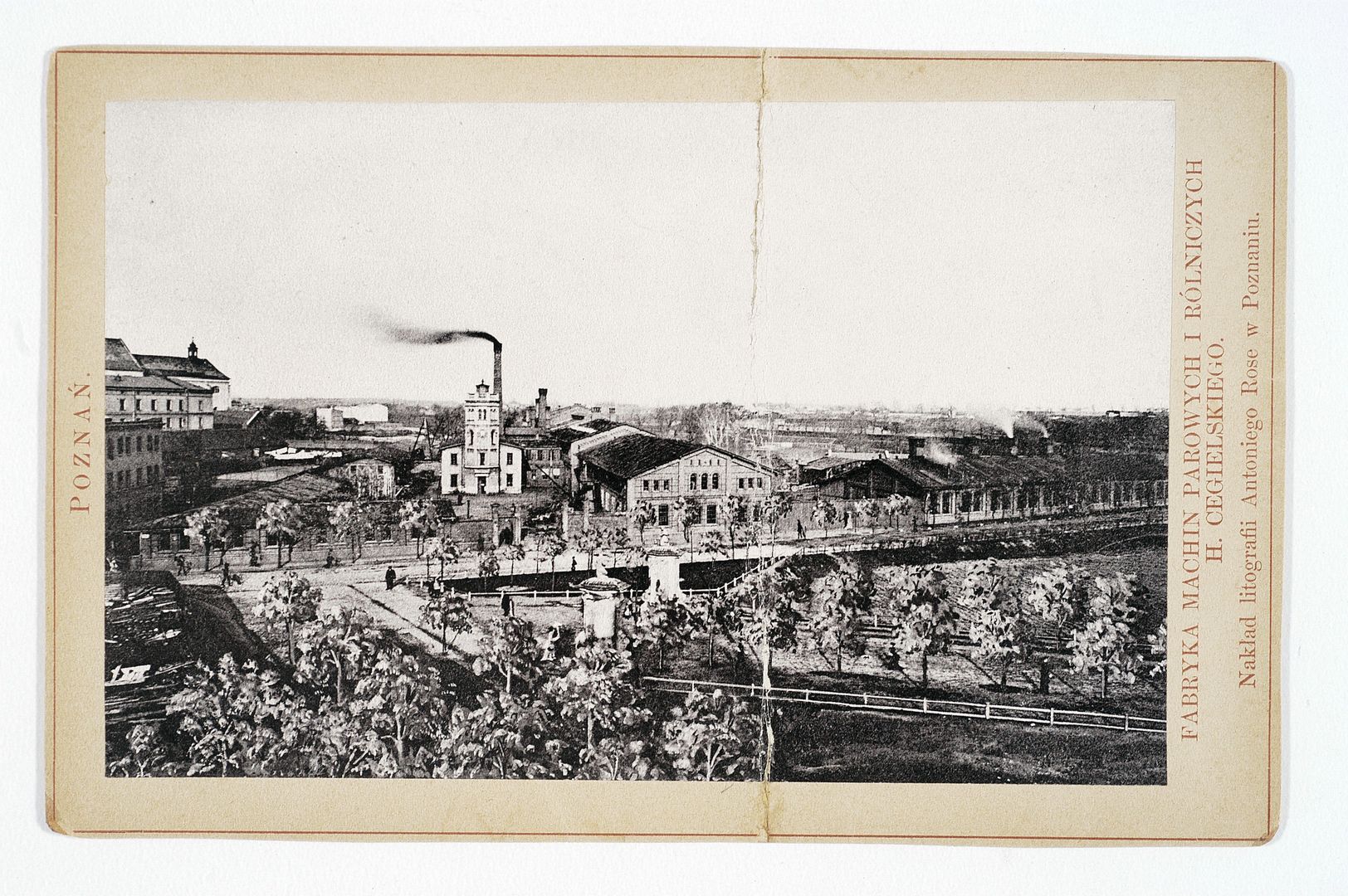H. Cegielski - Poznań
6.27

Overview
H. Cegielski – Poznań S.A. (HCP) is a company founded by Hipolit Cegielski in 1846 in Poznań, known as a manufacturer of marine engines as well as steam, diesel, and electric locomotives. The development of the plant began with a small tool shop, which over time transformed into a large factory. After the founder's death in 1868, management was taken over by his son, Stefan Cegielski, who contributed to the expansion of production. In 1889, the company transitioned to a joint-stock company, and before World War I, it significantly increased both its workforce and product range. During the interwar period, the company invested intensively and developed, producing modern machinery, railway cars, and trams. Despite the economic crisis, in 1923, the HCP logo was created, which is still in use today. Just before World War II, the company relocated part of its arms production to a newly established branch in Rzeszów. After the war, the plant was nationalized and renamed the Józef Stalin Metal Works in Poznań. In 1956, the plant's employees participated in protests, leading to changes in management. From the 1970s, the company began producing diesel and electric locomotives. In 1995, the plant was transformed into a state treasury company. Between 2010 and 2012, as part of restructuring, the HCP capital group was established with four subsidiary companies, aiming to further development and modernization. HCP has earned numerous quality certifications, including ISO 9001 and ISO 14001, as well as awards for innovation and environmental protection, highlighting their commitment to manufacturing in line with the highest standards. An interesting aspect is the company's rich history and its impact on the development of both local and national industry, as well as its ability to adapt its production to the changing needs of the market over the years.
Location
Tickets
Powered by GetYourGuide
2026 Wizytor | All Rights Reserved